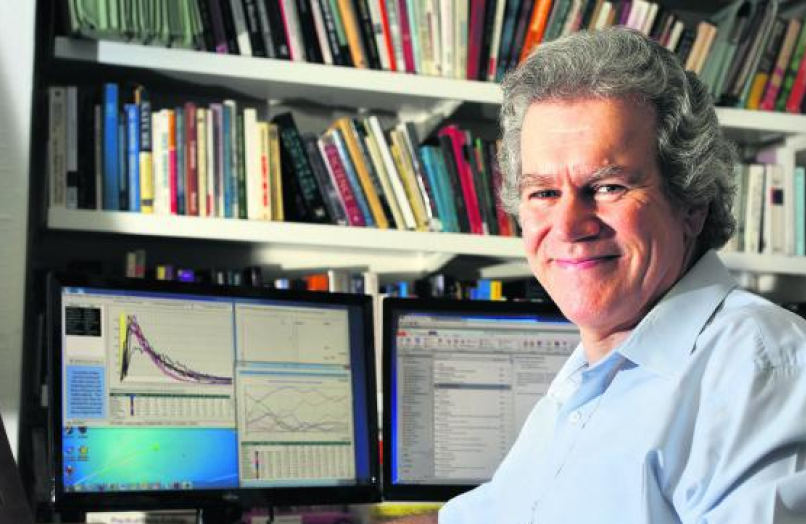
Peter Millican is Gilbert Ryle Fellow and Professor of Philosophy at Hertford College, University of Oxford, where he has been since 2005. Previously he lectured for 20 years in Computer Science and Philosophy at the University of Leeds, and much of his career has been devoted to building connections between the two disciplines.
At Oxford, he proposed and in 2012 established the degree programme in Computer Science & Philosophy (the first new Philosophy programme since 1973), which has attracted many excellent students from the UK and across the world. Peter’s outreach activities include the websites www.philocomp.net and www.turtle.ox.ac.uk, both of which feature his own educational software alongside many other resources. In 2018 he started the Futuremakers podcast, whose first season focused on AI and its impact, and from 2019 he organised a major series of seminars on Ethics in AI, the first public activities associated with the new Institute.
